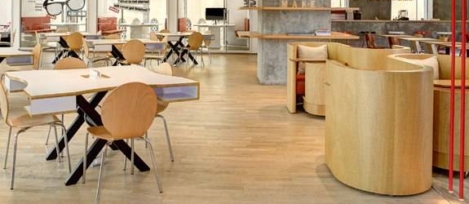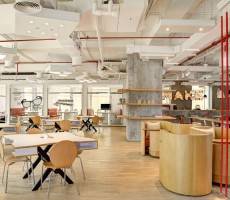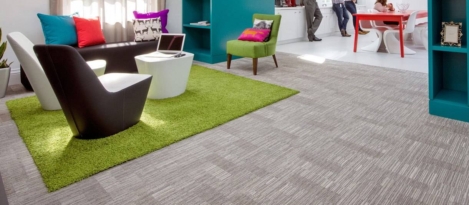June 26, 2015
Value older workers or sleep-walk towards a skills shortage, employers warned
 A demographic time bomb means employers must act to avoid a cliff-edge loss of skills and talents by 2035, a new study by the CIPD has revealed. There are currently 9.4 million workers in the UK today who are over the age of 50 and while the employment rate of older workers has increased significantly in recent years, there is still a 64 percent drop in the employment rate between the ages of 53 and 67. New research from the CIPD and the International Longevity Centre-UK (ILC-UK), the independent think tank on longevity, ageing, and population change, warns the UK could face serious skills shortages over the next 20 years. Unless organisations start improving how they recruit, develop and retain older workers it is estimated that the UK economy will struggle to fill one million jobs by 2035, even taking into account the mitigating effect of migrant workers.
A demographic time bomb means employers must act to avoid a cliff-edge loss of skills and talents by 2035, a new study by the CIPD has revealed. There are currently 9.4 million workers in the UK today who are over the age of 50 and while the employment rate of older workers has increased significantly in recent years, there is still a 64 percent drop in the employment rate between the ages of 53 and 67. New research from the CIPD and the International Longevity Centre-UK (ILC-UK), the independent think tank on longevity, ageing, and population change, warns the UK could face serious skills shortages over the next 20 years. Unless organisations start improving how they recruit, develop and retain older workers it is estimated that the UK economy will struggle to fill one million jobs by 2035, even taking into account the mitigating effect of migrant workers.





































June 29, 2015
Beyond agile working: the six factors of knowledge worker productivity
by Andrew Mawson • Comment, Facilities management, Flexible working, Workplace, Workplace design
(more…)